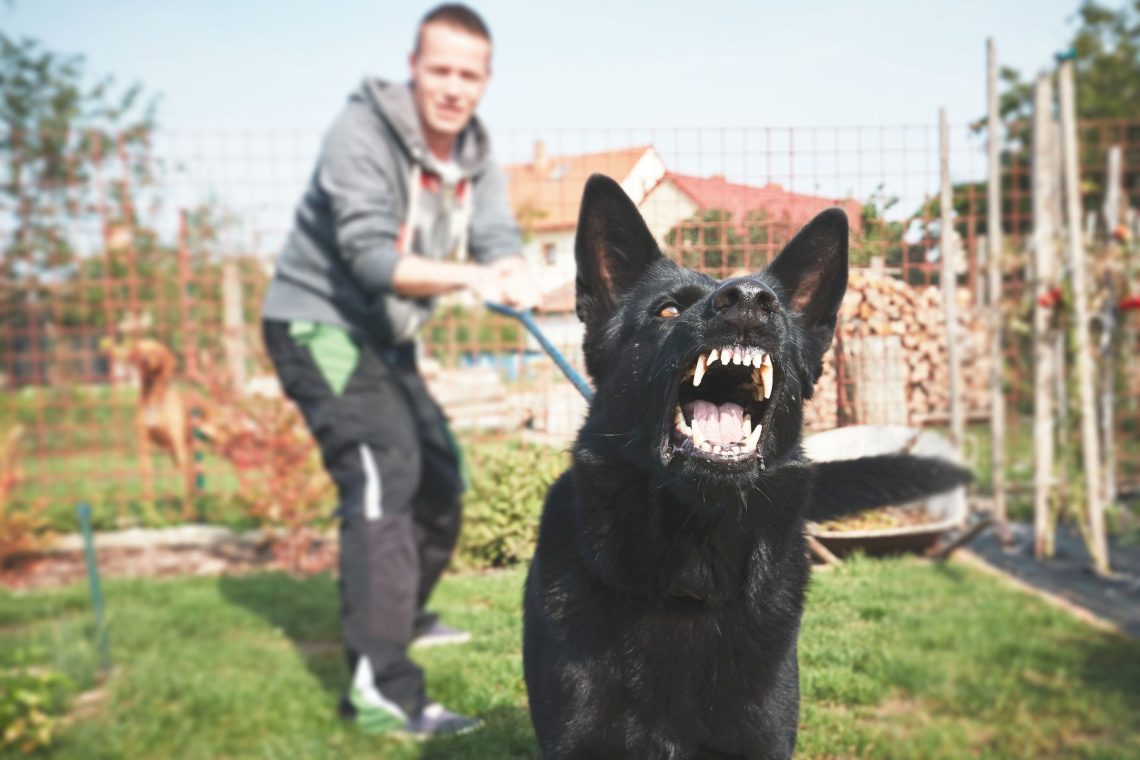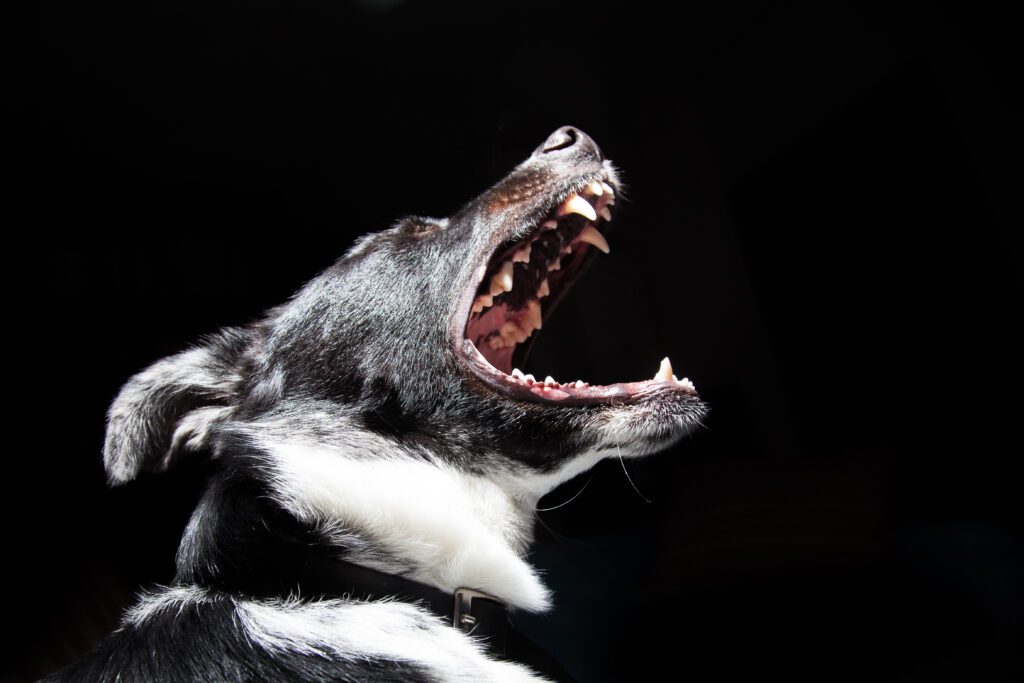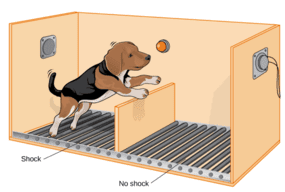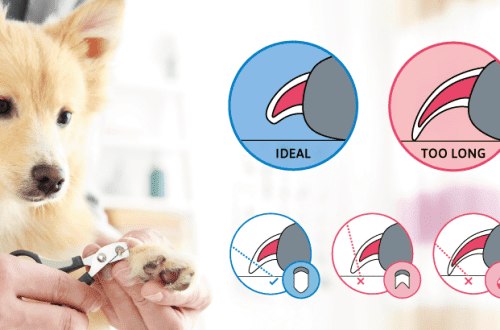
dog barking at guests
It happens that the dog barks loudly at the guests and can not shut up. Why does a dog bark at guests and what to do in this case?


Contents
Why does a dog bark at guests?
The reasons can be several:
- The dog is afraid of strangers.
- The pet is too excited when guests arrive, and barking is a sign of this very overexcitation.
- The dog shows territorial aggression (in other words, defends its territory from intrusion).
What to do if the dog barks at guests
First of all, you should decide what behavior you expect from the dog. For example, so that she quickly fell silent, even if she started barking, and then behaved calmly.
Further, it should be borne in mind that guests are different guests. Among the visitors to your home may be your bosom friends and relatives who come often, there may be occasional visitors, there may be clients or students, and there may be, for example, plumbers or electricians. And, perhaps, in each case, you would like a different behavior from the dog. For example, if close friends who are not afraid of dogs are coming, you let the pet keep you company, and if the plumber came, you want the dog to lie in his place and not interfere.
Sometimes it’s easier to meet guests on the street, along with the dog. And then let them go into the house first. As a rule, in this case, the dog is silent and behaves much calmer than if they immediately came to the house. If the dog still barks, you can send it to the place, give several commands (for example, the “Sit – stand – lie” complex) to reduce arousal and switch attention. If, nevertheless, it was not possible to calm the pet, and the guest is afraid of dogs, it is easier to close the four-legged friend in another room.
If the guests are not afraid of dogs, you can train on them and teach the dog to behave correctly. And here you decide what behavior you will teach the dog:
- Sit on the shutter speed and do not approach the guest until the permission command.
- Go to your place and stay there.
- Allow to greet the guest, but do not jump on him and do not bark for a long time.
You can choose the option that is easiest for your puppy to train. For example, if you have an active vociferous dog, the first option is sometimes more suitable, and if it is calm and friendly, the third option is more suitable.
How to train your dog to greet guests calmly
The course of action depends on which of the above options you choose.
- Give a command (for example, “Sit”) and go to the door. If the dog jumps up, immediately return it to its place. You probably won’t be able to open the door right away. Or maybe a guest will come in and out more than once to help you raise your pet. Once the guest is home, you continue to focus on the dog to stay where you are, and treat him for it. Then give the permission command.
- As soon as the guests arrive, you give the dog a particularly tasty and long-lasting treat in his place. But you do this only and exclusively during the visit of guests.
- You use thick cardboard, a backpack, or a tennis racket as a shield to keep the dog at a certain distance from the guest. And only when the dog calmed down and stood on 4 paws, let her approach the person. Praise her for her calm demeanor and for turning away or moving away. Gradually, the dog will learn to calmly meet guests.
It is very important that the guests communicate with the dog calmly and do not provoke it to bark by their actions, for example, do not play exciting games.
If your dog doesn’t feel like interacting with guests, don’t let them approach her. Just take your pet out of the room or stand between a guest and a four-legged friend. And, of course, don’t let guests “educate” your dog. In this case, she will not have to defend herself.
Sometimes guests or owners try to calm the dog by saying, “Good dog, why are you barking?” But this is perceived by the dog as a reward for barking, and he will try harder.
If you can’t manage on your own, you can always seek professional help from a specialist who works by the method of positive reinforcement.







